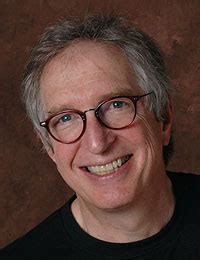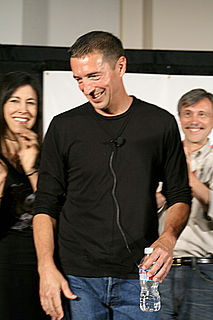A Quote by Colm Toibin
History is a way of interpreting, rather than, say, knowing, the past. It is usually a set of disputes between those who have access to the same sources. It depends on ideology as much as voting in an election does.
Related Quotes
So while it is true that children are exposed to more information and a greater variety of experiences than were children of the past, it does not follow that they automatically become more sophisticated. We always know much more than we understand, and with the torrent of information to which young people are exposed, the gap between knowing and understanding, between experience and learning, has become even greater than it was in the past.
But I'd rather help than watch. I'd rather have a heart than a mind. I'd rather expose too much than too little. I'd rather say hello to strangers than be afraid of them. I would rather know all this about myself than have more money than I need. I'd rather have something to love than a way to impress you.
In ability choice education finance majorities people understanding voting A lot of voters always cast their ballot for the candidate who seems to them to be one of the people. That means he must have the same superstitions, the same unbalanced prejudices, and the same lack of understanding of public finances that are characteristic of the majority. A better choice would be a candidate who has a closer understanding and a better education than the majority. Too much voting is based on affability rather than on ability.
As far as [Bernie] Sanders is concerned, he's probably the most honest of all of them. But we have to be careful, because this is the most important election [2016] in the history of this country; because you're not just voting for a president, you're voting for the person who can take America totally down! America will never be great as she once was, again, but she can survive if she does the right thing.
Power is a central issue in social and personal transformation. Our sources and uses of power set our boundaries, give form to our relationships, even determine how much we let ourselves liberate and express aspects of the self. More than party registration, more than our purported philosophy or ideology, personal power defines our politics.
A large part of the impresario's job has to do with maintaining and communicating standards of performance. Knowing how to set those standards - which are often more subjective than analytical - means knowing how to communicate the difference between something that is great and something that is just O.K.







































